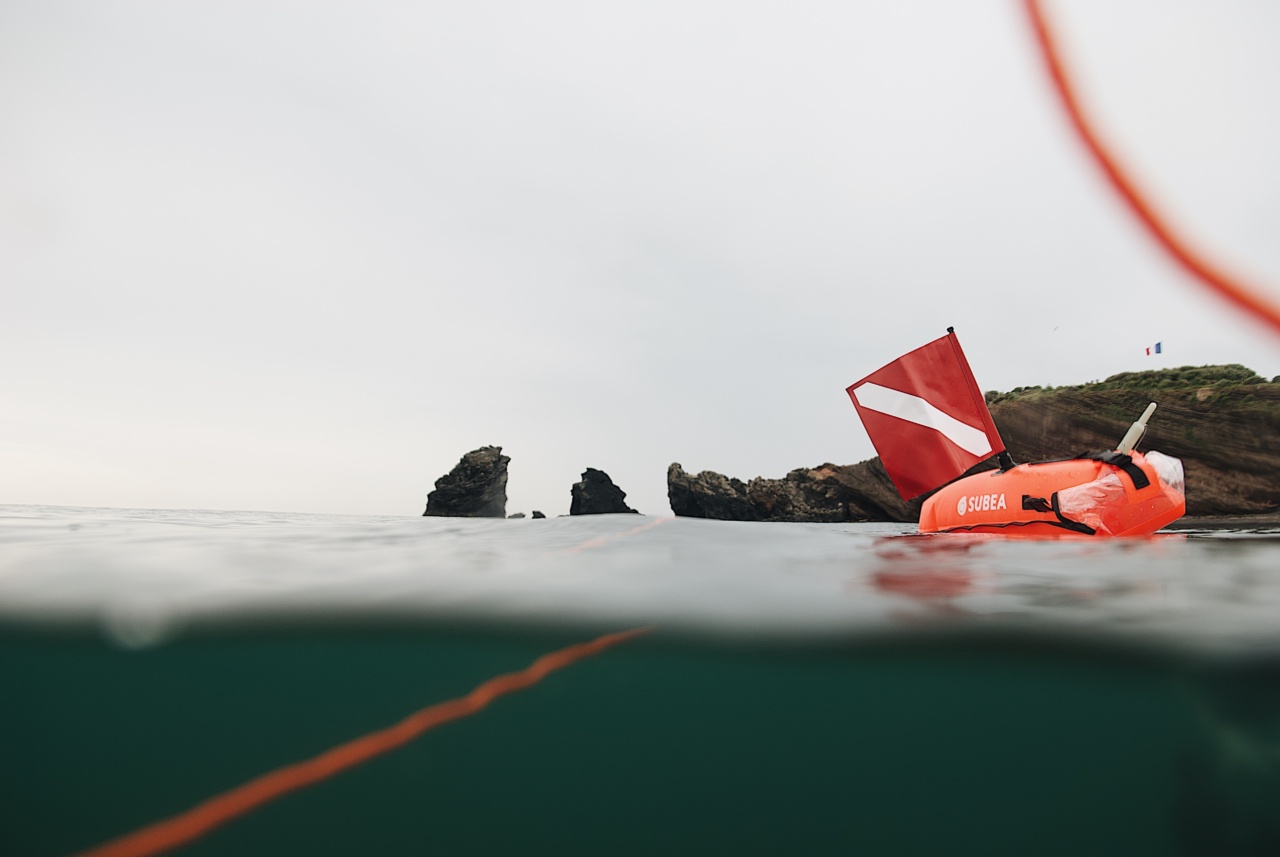Traveling during pregnancy is an exciting experience, but it comes with certain challenges and precautions. While air travel is often the most common concern for expectant mothers, traveling by sea can also be a safe and enjoyable option.
Whether it’s a relaxing cruise or a short ferry ride, here are some essential tips to ensure a smooth and secure sea voyage during pregnancy.
1. Consult with Your Healthcare Provider
Before planning any type of travel, it’s important to consult with your healthcare provider. They can assess your pregnancy and provide you with personalized advice regarding the safety of sea travel.
They may also recommend certain precautions or restrict travel if it poses any risks to you or your baby.
2. Choose the Right Destinations
When selecting a sea travel destination, it’s crucial to consider the availability of medical facilities at the ports of call. Opt for destinations with well-equipped hospitals or clinics in case of any emergencies.
Research the local healthcare system and ensure it meets your specific needs as an expectant mother.
3. Timing is Important
Timing your sea travel during pregnancy is crucial. It’s generally recommended to travel during the second trimester, between 14 and 27 weeks, as this is when many women experience fewer pregnancy symptoms.
The risk of miscarriage and preterm labor is also relatively lower during this period.
4. Pack Wisely
When preparing for a sea voyage, pack essentials that will ensure your comfort and safety. Some essential items to include are:.
- Maternity clothing for various weather conditions
- Comfortable shoes for walking around the ship or shore excursions
- Prescription medications and a copy of your prenatal record
- A well-stocked first aid kit containing basic medications and bandages
- Snacks that are safe for pregnant women
- Sunscreen, to protect your skin from harmful UV rays
5. Choose a Well-Equipped Cruise Line
When booking a cruise, inquire about the onboard medical facilities. It’s essential to choose a cruise line that has a well-equipped medical center with staff trained in handling pregnancy-related emergencies.
Additionally, check if they have specific protocols and policies in place for expectant mothers.
6. Stay Hydrated and Eat Well
Staying hydrated is incredibly important while traveling at sea, especially during pregnancy. Be sure to drink plenty of water to prevent dehydration.
Additionally, choose healthy and balanced meals with a variety of fruits, vegetables, and whole grains to provide you and your baby with essential nutrients.
7. Practice Good Hygiene
Sea travel can expose you to germs and bacteria, so practicing good hygiene is crucial during pregnancy.
Wash your hands frequently with soap and water, especially before meals, and carry a hand sanitizer for times when you don’t have access to a sink. Avoid touching your face and make sure to follow any specific cleanliness guidelines provided by the cruise line or ferry company.
8. Keep Moving
During long sea voyages, it’s important to keep your blood circulation flowing. Take regular walks, stretch your legs, and avoid sitting or standing in one position for extended periods.
Movement helps prevent blood clots and reduces the risk of swelling and discomfort.
9. Be Mindful of Safety Precautions
When traveling by sea, always follow the safety instructions provided by the crew. Familiarize yourself with the location of life jackets and emergency exits.
If you’re prone to seasickness, consult your healthcare provider for safe medication options. Avoid alcohol and limit caffeine intake, as they can worsen symptoms of seasickness.
10. Listen to Your Body
While sea travel can be a great experience, it’s important to listen to your body and take breaks when needed. Pregnancy can be tiring, so rest and relax as much as possible.
If you experience any unusual symptoms or discomforts, notify the onboard medical staff immediately.
Traveling by sea can be a safe and enjoyable experience for expectant mothers if the necessary precautions are taken.
By consulting with your healthcare provider and following these tips, you can ensure a smooth and memorable sea voyage during your pregnancy.

























